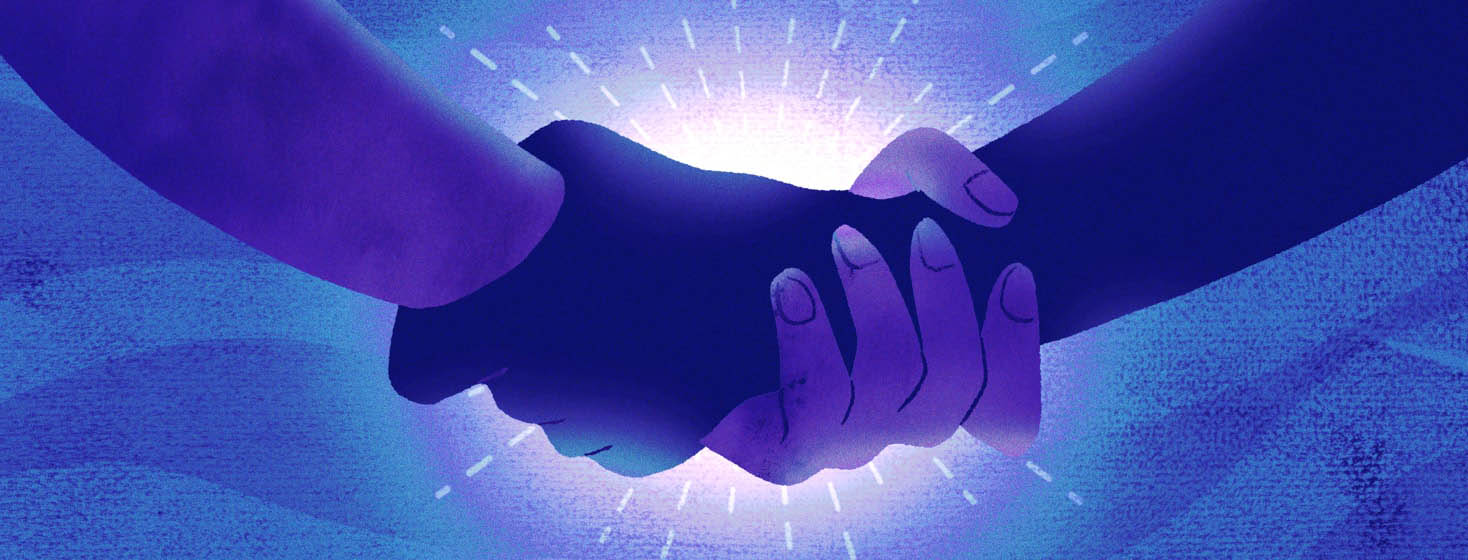Where to Turn to for Support with Psoriatic Arthritis
If I hear the phrase "I have pain, too" again, it'll be too soon.
The people we love the most are often the ones who hurt us the most. Psoriatic arthritis hurts a lot less than the pain of loved ones being dismissive of our struggles.
Many of us want to talk about our experiences with a chronic illness candidly. But for some, talking about those struggles can be met with dismissive remarks, unhelpful advice, guilt trips, and even competition to see who has it worse. (Along the lines of "you think you have it bad? My body is aching".) It's not that we want sympathy - we want to be able to share this often overwhelming part of our lives with loved ones.
There are many different ways to find support when living with psoriatic arthritis
It's excruciating when you cannot turn to your loved ones for support. But that does not mean you should shoulder it alone.
PsA is a complex disease to cope with, and everyone needs to be supported and validated. So when you feel like you can't turn to family and friends, there are other places you can find support.
The power of online communities
First and foremost, my online communities (like this one) have gotten me through some of the worst of times. Reading articles, social posts on Facebook and Instagram, and forums from other spoonies has uplifted me many times. I've connected with many people and have many friends worldwide, thanks to the power of the internet.
Spiritual support is always an option, at your own comfort level
Your religious community is a great place to go for support if you're religious. Prayer can be powerful and lift you in times when you feel alone.
I've reached out to my church for prayers and community. While I felt uncomfortable asking others to pray for me when there were so many more severe prayer requests, I became more comfortable over time. I've also been grateful to have friends at different times from the church who offered support as they battled their illnesses and disabilities.
Finding foundational support
The Arthritis Foundation and The Psoriasis Foundation offer different opportunities to get to know people locally. Fundraisers are an enjoyable way to get to know others locally while doing good!
For those who have children with arthritis, the Juvenile Arthritis sector is incredibly active, offering outings and summer camps. I came away with so many new friends the year I went to JA camp, some of who I'm still in contact with ten years later.
Look for local groups within your own communities
Sometimes, support can come from unlikely places. While I wasn't met with compassion in the school-sponsored yoga classes I attempted as a student, the seniors at the art class I helped lead were very supportive; they understood when I was shaky or was feeling the rain because so were they.
Support groups are a more direct way to find meaningful connections. Hospitals, community centers, and even apps like MeetUp can help with that. You might be able to find local and virtual support groups for people with arthritis and other autoimmune diseases. While I haven't participated in one, I have seen many offered in the past.
Caring for yourself is possible too
Going to therapy has had a profoundly positive effect on my life. Sure, my therapist is not there to call whenever I need to talk. But I always look forward to my weekly sessions, as they are a time to vent, feel validated, and learn ways to cope with my feelings. I highly recommend therapy for anyone, especially if you feel symptoms of depression and anxiety.
Support can look different at different stages of your PsA journey
While I hope these suggestions help, I know that you can't quickly fill the void of family and friends. And they're not meant to. But these resources may help you find the type of support you need, both temporarily and long-term.
When I was going through some scary flares that triggered other health issues, I needed spiritual support. But when pain and fatigue started triggering rage and self-loathing, I needed my therapist. Other sources of support have been my lifeline at times because it's not easy to deal with chronic pain alone.
Who have you turned to for support?

Join the conversation